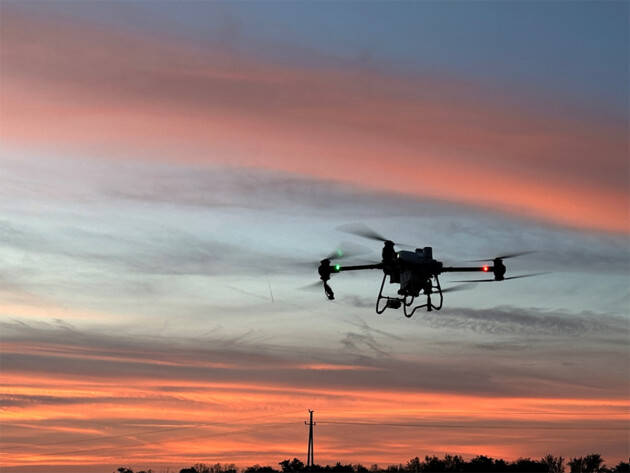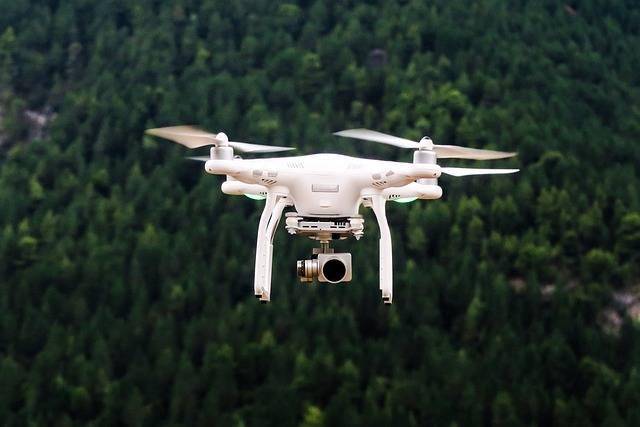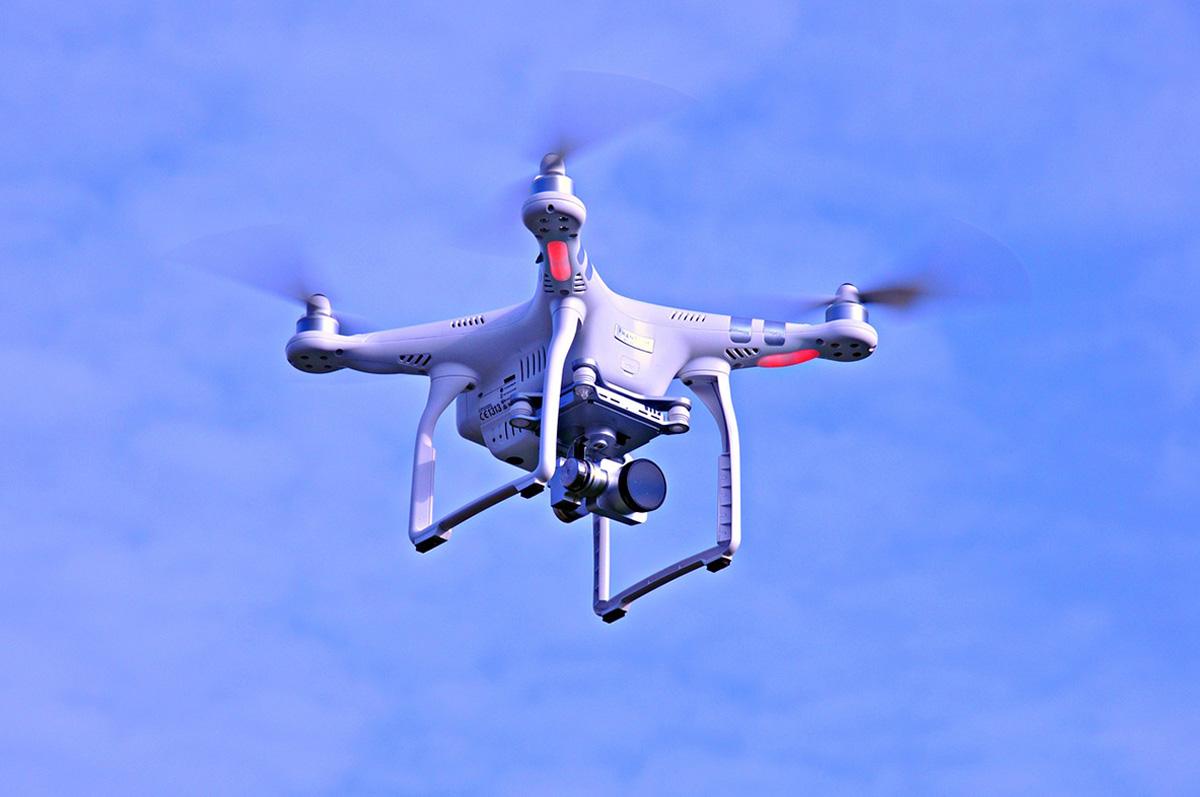Autonomous drones are rapidly transforming industries, bringing unparalleled changes and benefits to a multitude of fields. These advanced unmanned aerial vehicles (UAVs), equipped with cutting-edge technology, have radically altered how businesses operate. Their ability to perform tasks without direct human intervention offers efficiency, safety, and cost-effectiveness.
Understanding Autonomous Drone Technology
At the heart of this revolution lies sophisticated drone technology. Autonomous drones utilize artificial intelligence (AI), sensors, and GPS systems to navigate and execute operations autonomously. The integration of AI enables them to learn from their environment, adjusting routes and flight patterns dynamically, thus improving performance.

Moreover, these drones come equipped with various sensors that allow for real-time data collection and analysis. Cameras capture stunning images for media and surveillance purposes, while infrared sensors detect heat signatures, proving advantageous in search and rescue missions.
Industries Transformed by Autonomous Drones
One of the most noticeable impacts has been seen in agriculture. Farmers use autonomous drones for crop monitoring, delivering precise data on soil health, plant conditions, and more. This information enables farmers to make informed decisions, optimizing yields and reducing waste. The environmental benefit here is significant, promoting sustainable agriculture practices.
In the field of logistics, drones are revolutionizing delivery systems. Companies now deploy drones to transport goods swiftly across urban landscapes, bypassing traffic congestion. This innovation is especially crucial for time-sensitive deliveries, such as medical supplies, where speed can be lifesaving.
The Safety and Surveillance Implications
Drones also offer enhanced safety and surveillance capabilities. In disaster management, they are utilized for assessing damage and delivering aid. Their ability to navigate hazardous environments without risking human life is invaluable. Furthermore, in security applications, autonomous drones provide a constant aerial perspective, monitoring borders and large-scale events.

The Future of Autonomous Drone Integration
As technology continues to advance, the integration of autonomous drones into daily operations is likely to expand. The potential for drones in urban planning is vast; they can map cities and monitor infrastructure efficiently. This capability can lead to smarter cities with optimized traffic flows and resource management.
Moreover, as regulations evolve to accommodate commercial drone use, businesses should prepare to integrate these devices into their workflows comprehensively. The scalability of drone operations will enhance productivity across various sectors.
Challenges and Considerations
Despite their advantages, autonomous drones face challenges such as regulatory hurdles, privacy concerns, and technical limitations. Regulations need to adapt to ensure safe and responsible drone use, striking a balance between innovation and public safety.
Privacy is another concern as drones collect vast amounts of data. Stringent measures must be enforced to secure personal information and restrict unauthorized data usage. In terms of technology, battery life and hacking vulnerabilities remain areas needing improvement to assure complete reliance on drone systems.
Common Questions

What kind of industries can benefit from autonomous drones?
Several industries can benefit, including agriculture, logistics, construction, media, security, and environmental conservation. These drones enhance efficiency and provide data-driven insights.
How do autonomous drones enhance safety in disaster management?
They offer real-time analysis and deliver aid without risking human lives, allowing first responders to make strategic decisions based on accurate data.
Are there privacy concerns related to autonomous drone usage?
Yes, drones can collect significant data, raising privacy concerns. It’s vital to enforce strict regulations to protect personal information and limit unauthorized data access.
